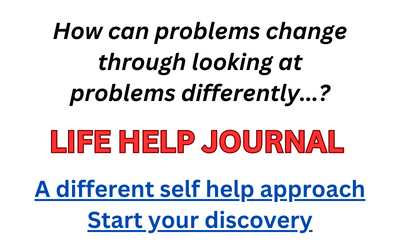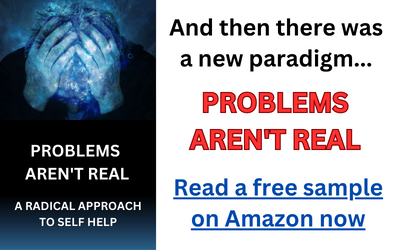I recall a specific instance, not so long ago, where I was feeling in bad humor. Life circumstances were not occurring as I hoped they would — and as I wanted them to — and my mood was rather dark as a result. I happened to be listening to New Age music at the time, and a song that caught my interest began to play.
I checked the name of the song. It was called The End Of Suffering.
I had a significant insight right then, an insight about something I was previously aware of but that had slipped from my present consciousness. It occurred to me later that the song was a bit of a nudge from the Divine realm, something along the lines of ‘Hey, remember this?’
The insight / reminder that I had is about the cause of emotional suffering, and is something that resonated most clearly for me through the teachings of Eckhart Tolle. Here’s the gist of it: emotional suffering is caused by being in resistance to what is.
Any expression of emotional suffering, whether it be in the form of depression or anxiety or anger or despair or grief or whatever else, is at its root resistance to, or outright rejection of, present circumstances. I’ve described in a number of previous posts how negative emotions come about because the voice in our head essentially labels something or other as “bad”.
This labeling is motivated by a rejection of what is. It shouldn’t be this way. And then the nearly inevitable second part of the rejection… It should be this way instead.
The antidote to this, and the end to emotional suffering, is both simple and difficult. It is this: accept what is without resistance. Another way to express this is to say, surrender entirely to what is.
This advice may seem simple enough but it calls for two extraordinary things: first it requires an awareness that mental activity, in the form of resistance to what is, is occurring; second, it requires a willingness to allow what is to be, which is in direct opposite to how people often respond.
Awareness of ongoing mental activity is a rare occurrence. People are typically immersed in mental activity while also being completely oblivious to this fact. They effectively live their lives in their own head. To break this habit and to watch the thinking, instead of falling into it, usually requires a substantial change. Having said that, it can certainly be done.
Allowing what is to be, even when what is doesn’t please us (this may involve life circumstances or any unhappy emotions that we’re feeling), is also a substantial change process for many people. But I would argue that what is cannot be changed. What is coming may be able to be changed, but what is already is: it’s on the books and part of the official record, so to speak.
What is, by definition, is. It is.
What comes next, now that is potentially flexible and fluid. But where can the energy come from to change what might be changed when we are stuck in resisting what already is?
Here’s an interesting insight that many spiritualists espouse: when we stop our resistance to what is, the what comes next becomes better than the what is entirely on its own. We don’t have to “do” — circumstances just get better. Whether one wants to believe this or not, it is certainly true that ending resistance to what is makes the what is more pleasant.
Try it and see for yourself.

